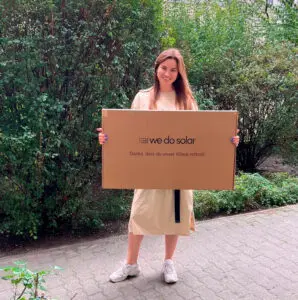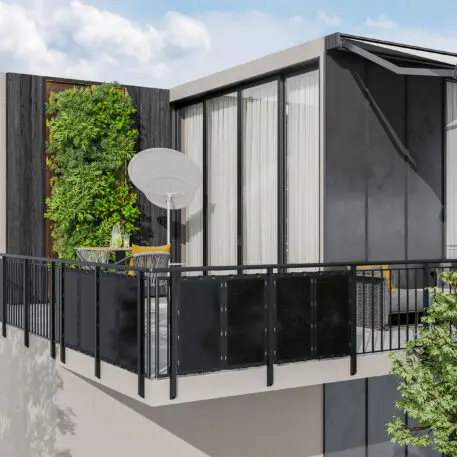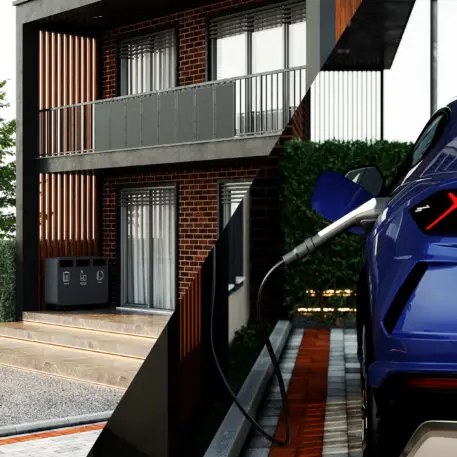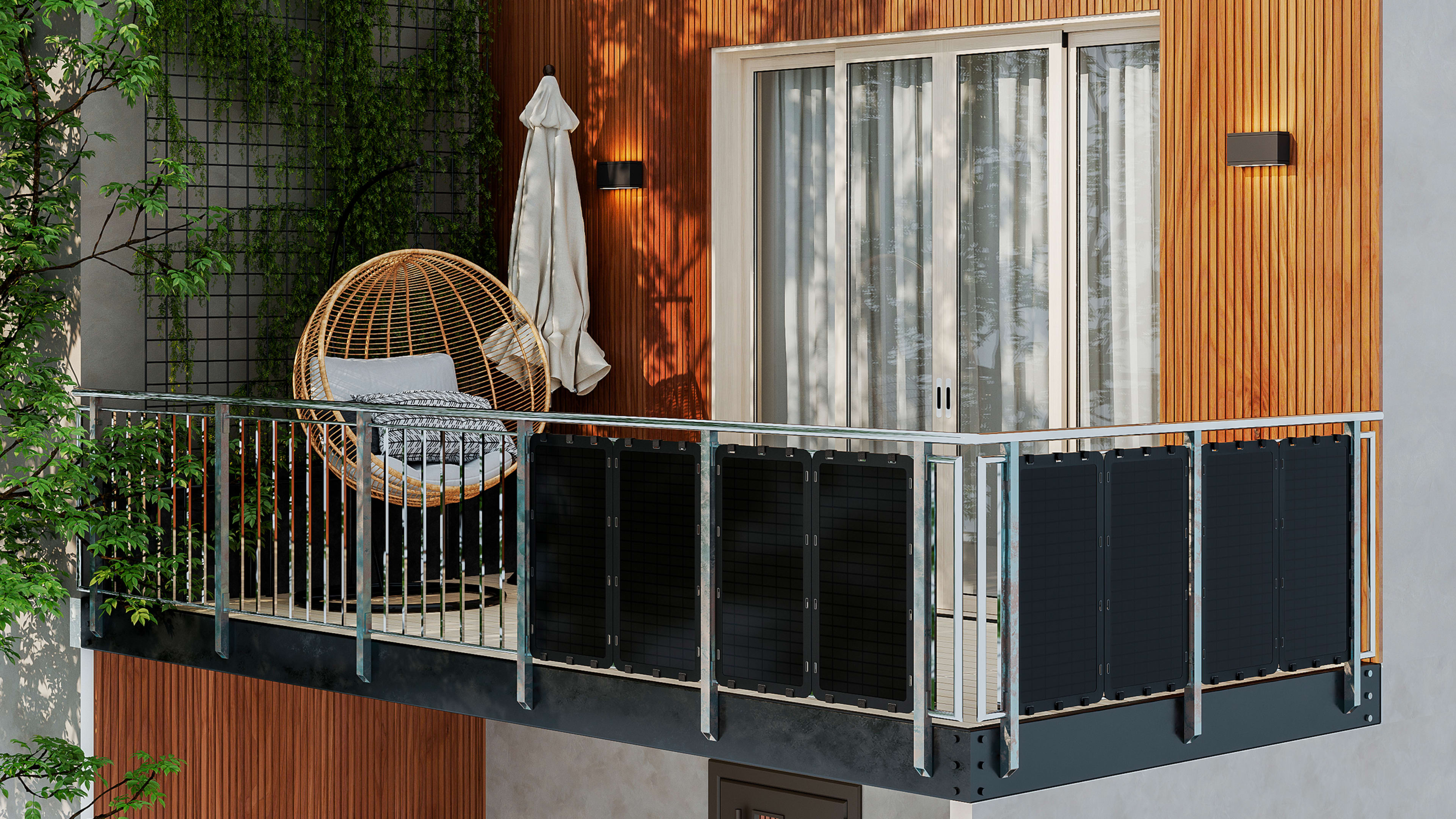If you live in an apartment, you probably don’t have solar power. You obviously don’t own your building’s roof, and since tenants typically pay their own electric bills, property owners wouldn’t get the cost-saving incentive that comes with installing solar panels.

The kit, which recently started rolling out in Germany, provides 600 watts of power, the maximum that local regulations allow if solar panels are installed by a consumer. The company didn’t want users to have to hire an electrician or other professionals. The panels are designed to be lightweight and easy to clip onto a balcony railing with a single cable that comes out of the modules to plug into a wall socket. A small inverter converts the power to make it usable in plugs throughout the apartment.

As energy prices surged in Europe because of the Russian invasion, We Do Solar, which started selling its panels in February, saw rapid growth. “After the start of the war, we saw our orders increase by 70%,” says Attspodina. “And there was a huge panic among people who were trying to secure grid independence, both because they wanted to cut their dependence on Russian gas and [because they were] worried of the coming cold winter and potentially not having enough energy.” The startup had expected that it might have 3,000 customers within the first year, but it saw nearly that much demand within the first month.

Attspodina recently installed her own kit on her fifth-floor apartment balcony in Berlin. “I have not yet received my new electricity bill, but I can tell you that I have already saved around 35 kilograms of CO2 emissions so far, which gives me a great feeling that I’m doing something to fight climate change,” she says. The need to do more is painfully obvious. “Right now, I am sitting in Berlin with a record temperature of 40 degrees Celsius (104 degrees Fahrenheit), which is totally abnormal.”
Recognize your brand’s excellence by applying to this year’s Brands That Matter Awards before the early-rate deadline, May 3.
